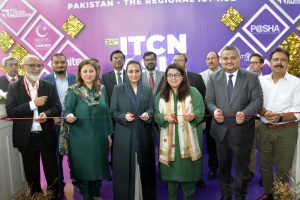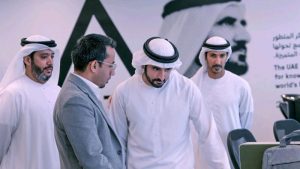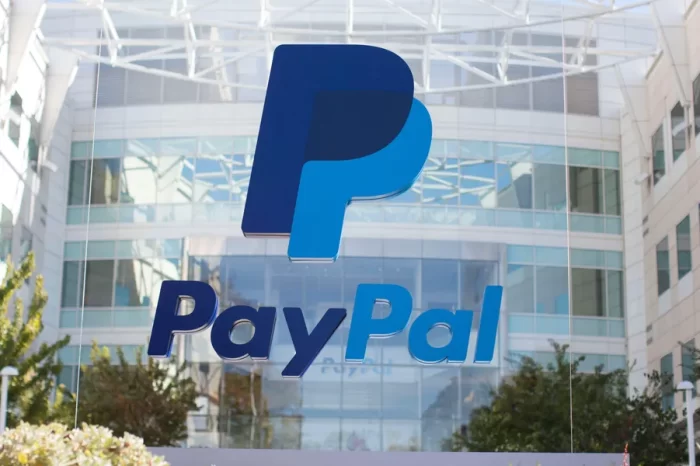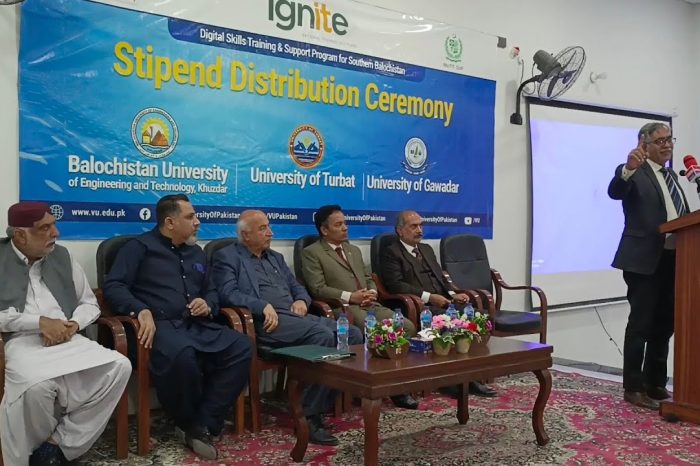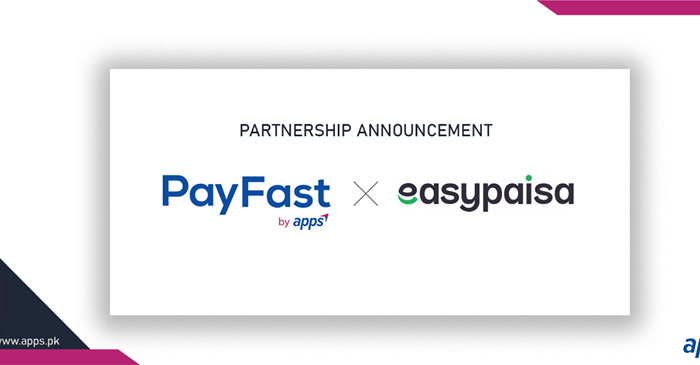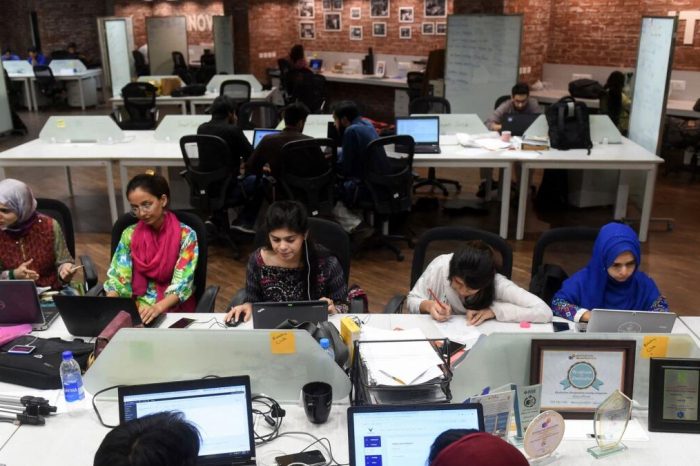Major Breakthrough: Pakistani Freelancers Gain Access to PayPal Payments

Pakistani freelancers will now have access to PayPal, streamlining international transactions and bolstering the nation’s burgeoning freelance economy. Additionally, Pakistan advances its National Space Policy, opening doors for satellite communication and aiming for 5G services by July.
In a landmark decision set to invigorate Pakistan’s freelance industry, freelancers in the nation can now seamlessly receive payments via PayPal, a leading global online payment platform. This move is poised to catalyze the country’s growing freelance sector, offering a streamlined approach to international transactions.
Dr. Umar Saif, the caretaker Minister for Information and Technology, highlighted the significance of this development, emphasizing the longstanding demand by Pakistani freelancers for PayPal’s integration. He elucidated the mechanics, stating that freelancers won’t necessarily need to create individual PayPal accounts. Instead, international clients can directly transfer funds to their accounts, simplifying the payment process.
Beyond the freelance arena, Dr. Saif shed light on Pakistan’s progressive strides in space technology. He unveiled the nation’s inaugural space policy approved by the federal cabinet, which paves the way for international companies to provide communication services via low-orbit satellites. This innovative approach, utilizing satellites closer to Earth, promises enhanced communication capabilities compared to traditional geostationary satellites.
Dr. Saif articulated the transformative potential of this policy, noting the rapid advancements in satellite communication technology globally. With the infrastructure and private sector interest aligning, Pakistan stands on the brink of a new era in communication.
Discussing further advancements, Dr. Saif expressed optimism about Pakistan’s 5G rollout, targeting a launch by July. He emphasized the necessity of augmenting the country’s optic fibre network to support this transition, revealing plans to connect a significant portion of mobile towers.
Highlighting the government’s commitment to nurturing IT talent, Dr. Saif revealed collaborative efforts with esteemed institutions. A notable initiative includes the revamping of IT education in universities, aiming to produce industry-ready professionals. Moreover, plans are underway to establish 10,000 e-Rozgar centers nationwide, dedicated hubs equipped with state-of-the-art facilities for freelancers and startups.
Concluding his address, Dr. Saif underscored the pivotal role of the IT and telecom sector in Pakistan’s economy. While the official IT export stands at $2.6 billion, he indicated the actual figures could surpass $5 billion, considering the industry’s external expenditures. The government remains steadfast in its endeavors to propel Pakistan’s tech landscape to new heights.
